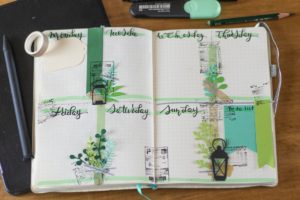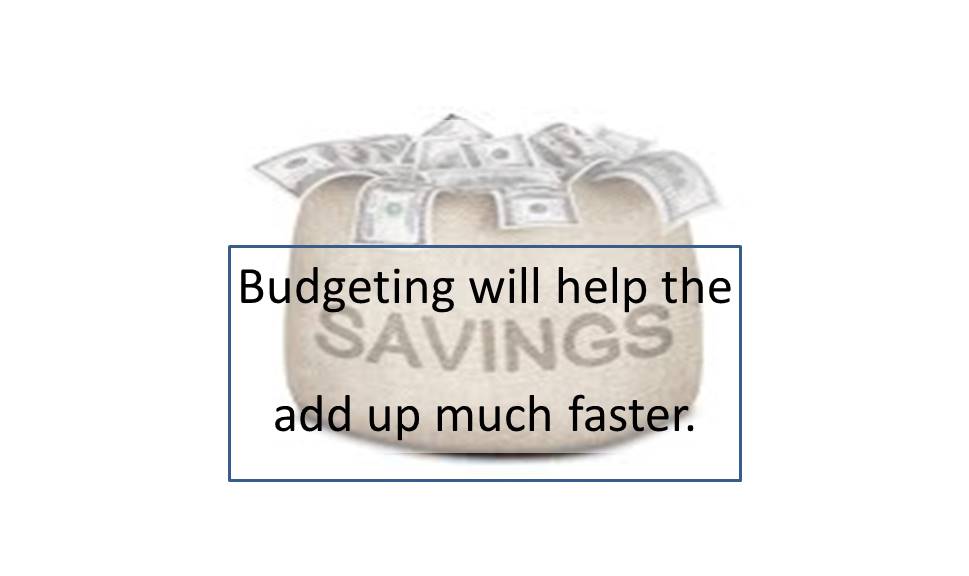A Budget Guide to Control Your Finances- one simple step at a time…you will then see the effects of your efforts…
Are you tired of feeling overwhelmed by your finances? Do you want to take control of your money and start making smarter financial decisions? If so, you’ve come to the right place.
Welcome to the ultimate guide to budgeting, where we will show you step-by-step how to take control of your finances and achieve your financial goals.
Whether you’re struggling to pay off debt, save for a big purchase, or just want to have a better understanding of where your money is going, this guide will provide you with the tools and strategies you need to succeed. From creating a realistic budget to tracking your expenses and finding ways to save, we’ve got you covered. So, let’s dive in and start on your path to financial freedom.
Table of Contents
Why Budgeting is Important
 Budgeting is the foundation of financial success. It is the process of creating a plan for how you will spend and save your money. By creating a budget, you gain a clear understanding of your income and expenses, allowing you to make informed decisions about your finances.
Budgeting is the foundation of financial success. It is the process of creating a plan for how you will spend and save your money. By creating a budget, you gain a clear understanding of your income and expenses, allowing you to make informed decisions about your finances.
Allocating your spending helps you prioritize, avoid debt, and save for the future. It provides a roadmap for achieving your financial goals and gives you peace of mind knowing that you are in control of your money.
Budgeting is especially important if you have financial goals you want to achieve. Whether you want to save for a down payment on a house, pay off student loans, or plan for retirement, having a set of rules for yourself will help you allocate your resources effectively and stay on track.
Without a budget, it is easy to overspend, accumulate debt, and lose sight of your financial goals. Having a written plan allows you to take control of your finances and make intentional decisions about how you use your money.
The benefits of budgeting go beyond just financial success. It also helps reduce stress and anxiety about money. When you have a dedicated plan in place, you know exactly where your money is going and can plan for unexpected expenses.
This sense of control and preparedness can greatly reduce financial stress and improve your overall well-being. Budgeting also promotes good financial habits and encourages mindful spending. It helps you develop discipline and make thoughtful choices about your money, leading to long-term financial stability.
Common Budgeting Mistakes to Avoid
 While budgeting is a powerful tool for managing your finances, there are some common mistakes that people make. Avoiding these pitfalls will help ensure that your budget is effective and sustainable.
While budgeting is a powerful tool for managing your finances, there are some common mistakes that people make. Avoiding these pitfalls will help ensure that your budget is effective and sustainable.
• One common mistake is setting unrealistic expectations. It’s important, to be honest with yourself about your income and expenses and set realistic goals. If your plan of action is too strict or doesn’t align with your lifestyle, you’re more likely to abandon it.
• Another mistake is not accounting for irregular expenses. Many people forget to include things like car repairs, medical bills, or vacations in their budget. By planning for these expenses in advance, you can avoid financial stress when they inevitably arise.
• Another common budgeting mistake is not tracking your expenses. It’s essential to keep a record of everything you spend, even small purchases. This will help you identify areas where you can cut back and make adjustments to your set plan of action as needed.
Additionally, not having an emergency fund is a major oversight. Unexpected expenses can and will happen, so it’s crucial to have a cushion to fall back on. Focus on saving at least three to six months’ worth of living expenses in an emergency fund.
• Finally, one of the biggest mistakes people make is not revisiting and adjusting their financial plans regularly. Your financial situation will change over time, so it’s important to review and update your budget as needed.
Life events like job changes, marriage, or having children can all impact your financial life. By regularly reassessing your budget, you can ensure that it remains relevant and effective.
Steps to Create A Budget
 Now that you understand the importance of having a specific financial plan, and the common mistakes to avoid, let’s dive into the steps to creating a budget. Creating your spreadsheets for safer financial habits may seem daunting at first. But with a systematic approach, it can be a straightforward process. Here are the steps you should follow:
Now that you understand the importance of having a specific financial plan, and the common mistakes to avoid, let’s dive into the steps to creating a budget. Creating your spreadsheets for safer financial habits may seem daunting at first. But with a systematic approach, it can be a straightforward process. Here are the steps you should follow:
1. Calculate your income: Start by determining your total monthly income. This includes your salary, any additional sources of income, and government benefits. If your income varies from month to month, use an average based on your past earnings.
2. Track your expenses: Next, track your expenses for at least a month. This will give you a clear picture of where your money is going. Keep a record of all your expenses, including fixed expenses like rent and utilities, as well as variable expenses like groceries and entertainment.
3. Categorize your expenses: Once you have a list of your expenses, categorize them into different categories, such as housing, transportation, food, entertainment, and debt payments. This will help you identify areas where you may be overspending and where you can make adjustments.
4. Set financial goals: Determine your short-term and long-term financial goals. Do you want to pay off debt, save for a vacation, or invest for retirement? Setting clear goals will give you something to work towards and help you prioritize your spending.
5. Allocate your income: Based on your income and expenses, allocate your money to each category. Start with your fixed expenses, like rent and utilities, and then allocate money for your variable expenses. Finally, allocate money towards your financial goals.
6. Review and adjust: Review your budget regularly to ensure that it is still working for you. If you find that you’re consistently overspending in certain categories, consider making adjustments to your budget. Remember, budgeting is not set in stone and should be flexible to accommodate changes in your financial situation.
By following these steps, you can create a budget that aligns with your financial goals and helps you take control of your finances.
Tracking Your Expenses
 Tracking your expenses is a crucial part of budgeting. It allows you to see exactly where your money is going and helps you identify areas where you can cut back and save. There are several methods you can use to track your expenses, depending on your preference and lifestyle.
Tracking your expenses is a crucial part of budgeting. It allows you to see exactly where your money is going and helps you identify areas where you can cut back and save. There are several methods you can use to track your expenses, depending on your preference and lifestyle.
One simple method is to keep a spending journal. This can be a physical notebook or a digital spreadsheet where you record all your expenses. Each time you make a purchase, write down the amount and the category it belongs to. At the end of the month, review your spending journal to get a clear picture of your spending habits.
Another popular method is to use a budgeting app or software. There are many apps available that can help you track your expenses automatically.
These apps connect to your bank accounts and credit cards, categorize your transactions, and provide you with detailed reports and insights. Some popular budgeting apps include Mint, YNAB (You Need a Budget), and Personal Capital. **Will elaborate on these in the next post.
Regardless of the method you choose, the key is to be consistent and diligent in tracking your expenses. Make it a habit to record every purchase, no matter how small. This will give you a comprehensive view of your spending and help you make informed decisions about your money.
EndNote:
The next steps from here are in this post- Budgeting- Setting Financial Goals



